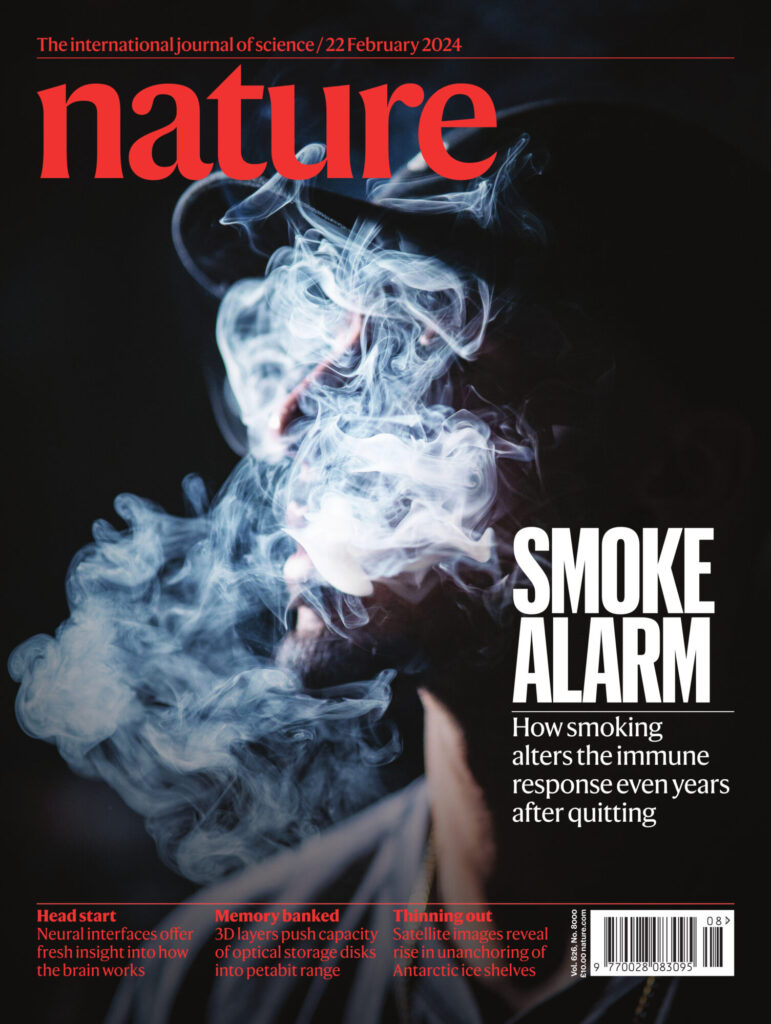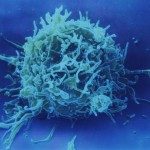Exploring data from the Milieu Intérieur cohort, Darragh Duffy’s team and their collaborators studied the variability of cytokine production, in an effort to better understand why responses to infectious challenges vary significantly from one individual to another, as seen during the COVID-19 pandemic. They have measured the concentration of 13 different cytokines after whole-blood stimulation with 11 immune agonists of different nature for each of the 1,000 Milieu Intérieur donors. Along with age, sex and genetics, which were expected to have a significant effect on immune response, they also identified smoking, cytomegalovirus latent infection and body mass index as major contributors to variability in cytokine response. Focusing on smoking, they showed that it impacts both innate and adaptative immunity, and that the effect on adaptative immunity is persistent even years after individuals quit smoking. They have identified several epigenetic modifications which could explain the persistent alteration of immune responses. This sheds light on new major risk factors for infectious diseases as well as cancers and autoimmune disorders.

Source
Smoking changes adaptive immunity with persistent effects, Nature, February 14, 2024
Read the press release: Smoking has long-term effects on the immune system










